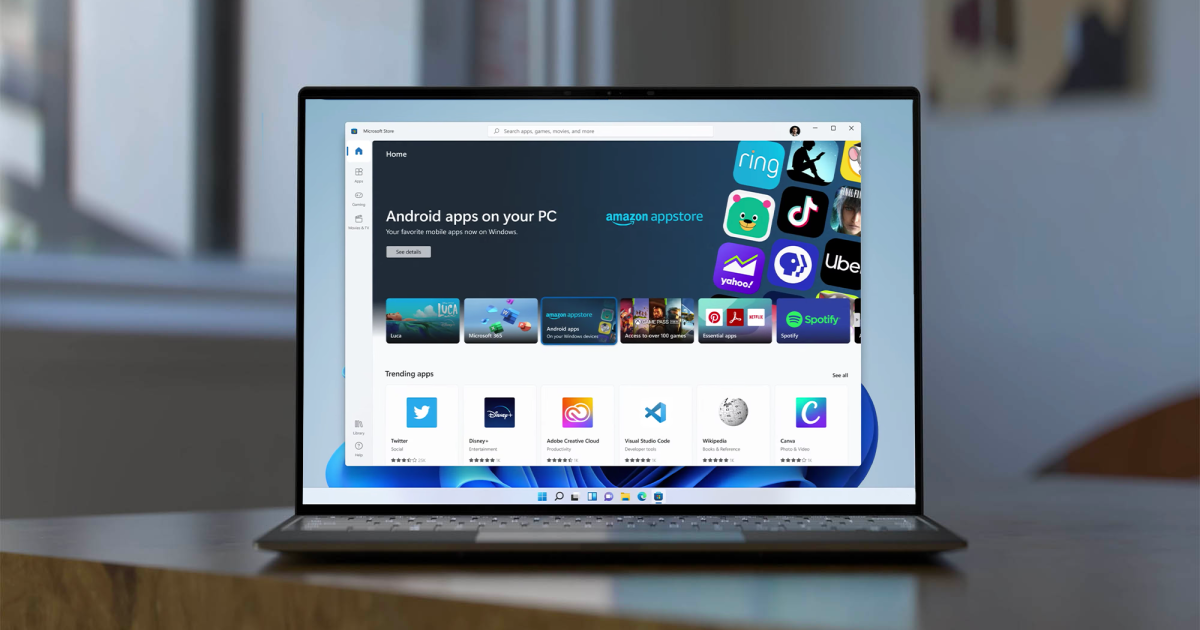Co-Founder & President at BFO (Be Found Online), a full-service digital marketing firm, 6-time Inc. 5,000 and AdAge #1 Best Place to Work.
getty
Link building is essential for any digital marketing strategy, especially when it comes to SEO. In fact, regardless of algorithm updates, links are always one of the top factors Google considers when ranking pages. However, link building can be challenging—finding creative ways to increase the likelihood of other sites linking to your own can feel like an art form at times. This is probably why 41% of SEO specialists agree that link building is the most difficult part of search optimization.
With a solid linking strategy, websites can experience a boost in visibility, ranking and credibility due to a mix of both helpful internal links and high-quality external links. Sounds great for business, right? But be forewarned, bad linking practices can actually hurt your website’s performance.
There are two types of links that should be part of a well-rounded strategy: internal and external. Internal links lead from one page of your own site to another. External links take visitors to another website for additional info and can be split into two categories: external links and backlinks—the difference being the point of origin. External links are when you link to another website on your own site. A backlink is when your website is linked on another website.
While internal and external linking are both equally important, external linking requires more finesse, but the benefits are worth the extra work. Below, we will explore three external linking strategies that can transform your digital marketing approach to boost visibility, credibility and even new business.
Build out a content strategy.
Producing reliable content helps boost brand credibility. And while content development may not directly impact your Google search rank, there are certain ripple effects that will. For instance, posting a monthly blog with the latest industry news featuring interviews, stats and plenty of helpful external links can serve as excellent material to share out via social media for extra exposure, and high-quality content is likely to be quoted or shared via other media platforms.
To kick-start your content strategy, you’ll need to determine what content makes the most sense for your brand. Work backward from your ideal customer. Why are they visiting your website? How often? What are your visitors looking to learn? The answers to these questions will help you develop engaging content that keeps visitors coming back for more.
Select external links with Google in mind.
Not all external links are created equal, which is why establishing a standard for external links is crucial. In fact, low-quality external links—including spammy sites or pages that no longer exist—will not only upset your website visitors but can also limit the content’s ability to rank with Google.
Google benefits from people having a good user experience on its platform, essentially keeping users within its ecosystem. For this reason, Google factors in quality when it crawls the internet for content and results. A great example of this is Google’s recent algorithm update, which focused heavily on “page experience” and “core web vitals,” two elements that make up the ideal user experience.
First, you’ll want to schedule an audit of your existing external links to ensure links are still working and are sharing the most up-to-date information. Next, when selecting new external links to include in your content, consider the below:
• Website traffic: For sites you’re linking to, I’d recommend aiming for over 100K unique monthly visitors (use SimilarWeb to check).
• Up-to-date info: Studies or articles that are more than 10 years old are considered outdated.
• Relevance: External links to other industry sites help boost authority in your sector.
Gain quality backlinks.
Remember, an external link is a link that leads to another website. A backlink is an external link on someone else’s site that leads to your website, probably due to the high-quality content you’re churning out. This is also a critical part of your external link-building strategy. When Google crawls the internet and notices that a site is being linked to frequently, it sees the site as a reputable source of information, prioritizing the page and thus sending even more people to it (via SERPs).
The easiest way to check your number of backlinks at any given time is through Google Search Console. When you log in, you can navigate to the “Links” section on the left for a closer look at who is using you as a backlink. However, this is where the finessing comes in because you certainly can’t force other sites to link to yours. Below are a handful of ways to increase the likelihood your site will be backlinked to:
• Infographics: Journalists and bloggers love including graphics in their articles but can’t always generate them. Be the resource they look to for creating engaging infographics.
• Research and studies: Highlighting and interpreting the latest industry research will help people to apply the findings and share them.
• Guest blogging: Offer up your expertise in the form of a guest article. Your website will likely be linked in your bio or in your article.
• Public relations: Subscribe to services like HARO (Help a Reporter Out) and other media query services to be a source in well-read outlets, like USA Today or local business journals.
• Social sharing: Increase the visibility of all the above by sharing out via your social media channels with appropriate hashtags. The more eyes on your content, the more likely it will be used by other sources.
Link building is a powerful SEO tactic, but it presents its own set of challenges. By remaining strategic and driving quality content, you’re positioning your website (and business) to be a valuable resource in your industry—something Google will prioritize and reward.
Forbes Agency Council is an invitation-only community for executives in successful public relations, media strategy, creative and advertising agencies. Do I qualify?









